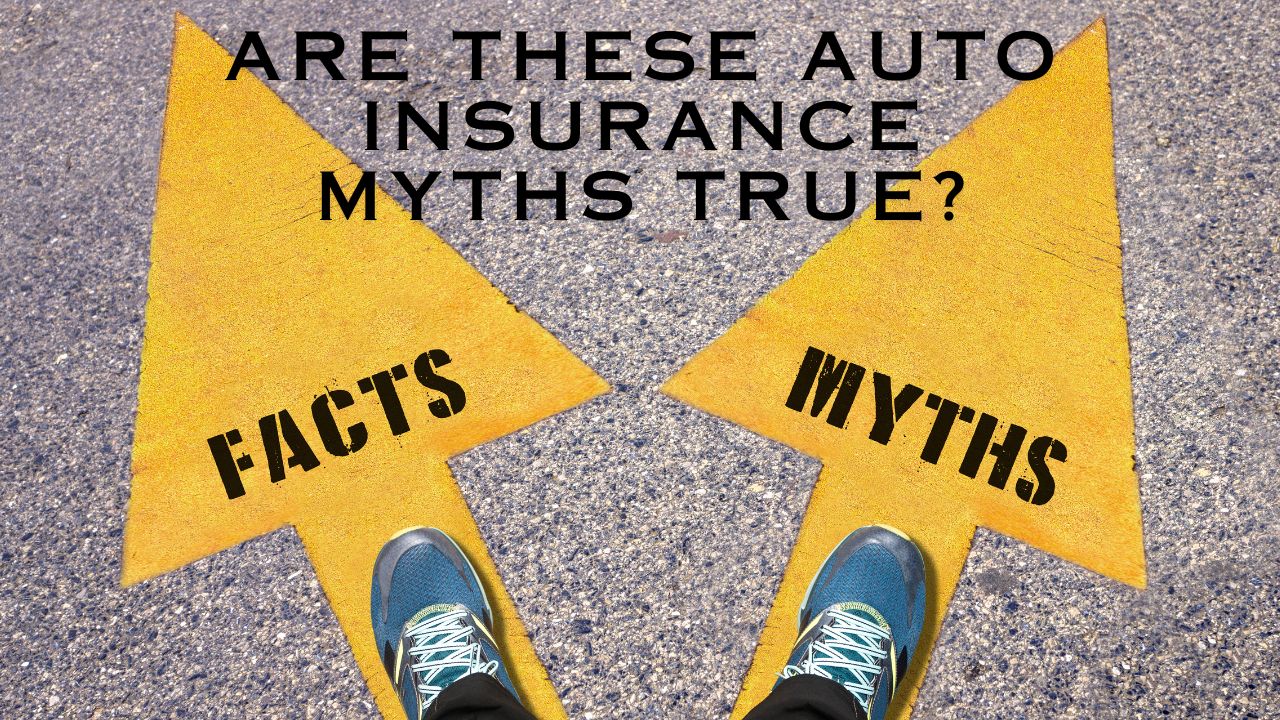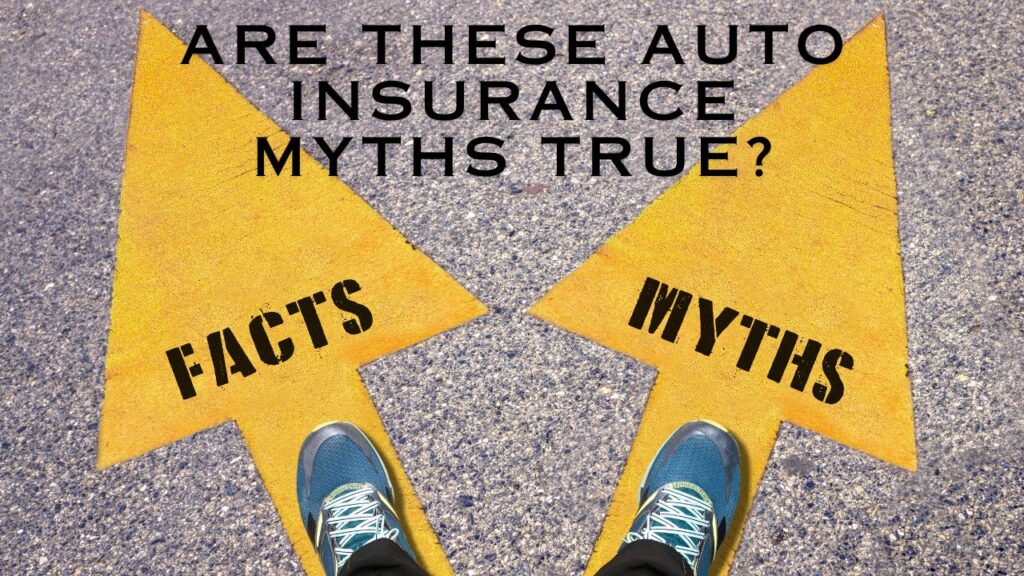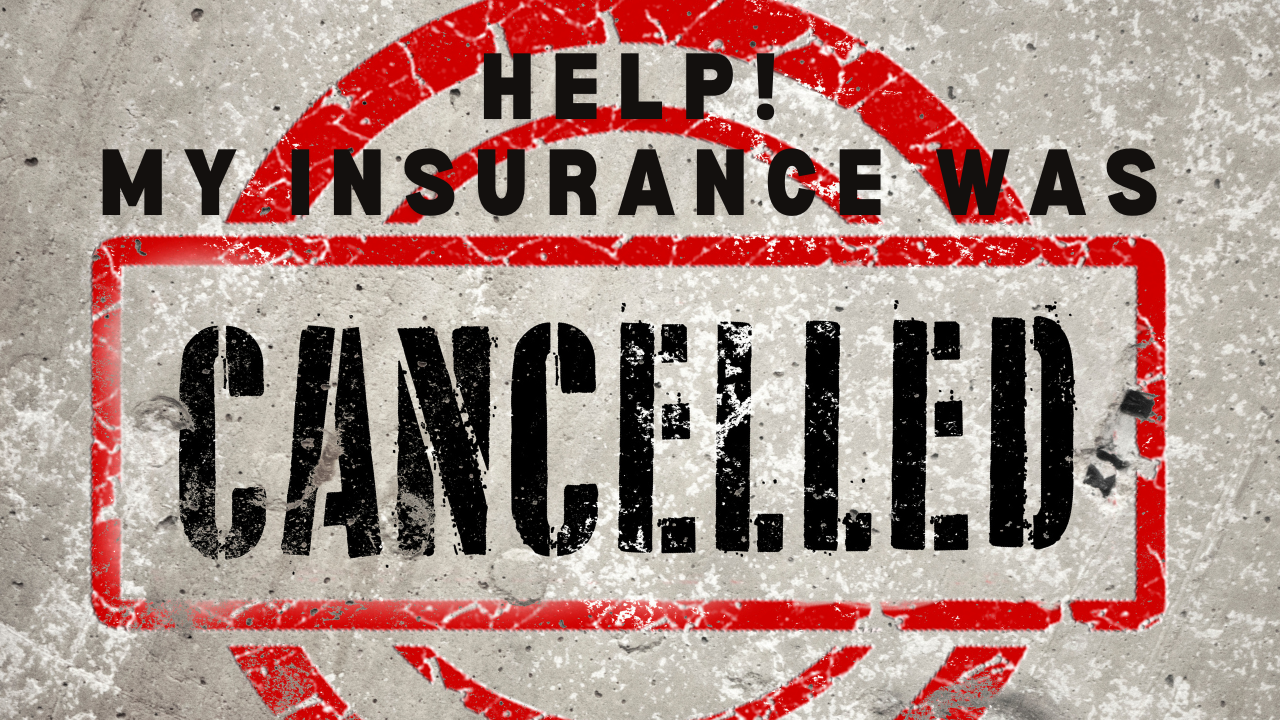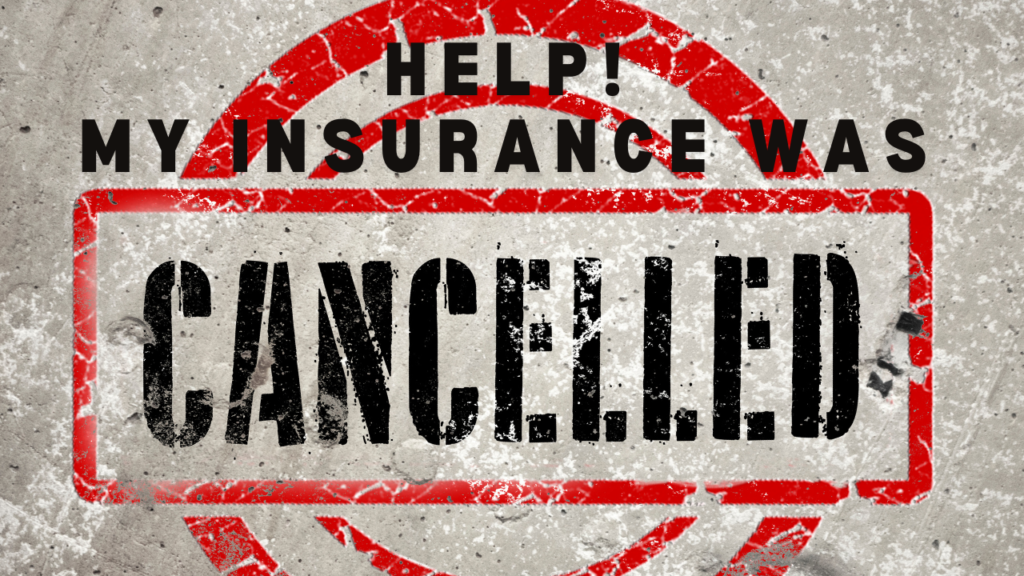Home & Auto Rates Are on the Rise! Protect Your Wallet Today!

Insurance costs are on the rise across the nation affecting both homeowners and drivers across Massachusetts. These increases are putting significant pressure on household budgets, making it more important than ever for residents to understand the changes and explore their options.
Auto Insurance: A Steep Climb
The auto insurance market has seen particularly steep increases. Policy premiums have jumped by nearly 50% since 2020, outpacing the overall cost of living increase of 20% during the same period. This surge is largely driven by the rising costs of car repairs and replacement parts. Modern vehicles, with their advanced technology and complex systems, are more expensive to fix after accidents, directly impacting insurance rates.
The Consumer Response: Shopping Around
As a result, Massachusetts residents are increasingly shopping around for better insurance deals. The rate of policy shopping – where insured individuals seek quotes from other providers – has increased by an average of 16% compared to last year. In July alone, this figure exceeded 30%, indicating a growing trend of consumers actively seeking more affordable options.
Home Insurance: Not Immune to Increases
Home insurance is not exempt from these cost increases. Many homeowners across the state have also seen significant hikes in their premiums. In some cases, insurance companies have even dropped coverage for certain properties, or changed the policy deductibles, particularly in areas prone to extreme weather events or other climate-related risks. This trend is causing concern among homeowners, especially those in coastal regions or areas susceptible to severe storms.
The Broader Impact on Massachusetts
The impact of these insurance cost increases extends beyond just financial considerations. Some Massachusetts residents are contemplating relocation to areas with more affordable insurance rates. This potential shift could have long-term effects on local communities and real estate markets across the state. Insurance rates are increasing not just In Massachusetts but across the United States,
Demographic Shifts in Policy Shopping
Interestingly, middle-aged and older residents of Massachusetts are leading the charge in shopping for new policies. This demographic shift suggests that the financial pressure of rising insurance costs is affecting a broad spectrum of the population, not just young families or new homeowners.
For those looking to understand more about the factors driving these insurance cost increases, the Insurance Information Institute provides comprehensive insights.
Massachusetts residents seeking state-specific information and resources can visit the Massachusetts Division of Insurance website.
The Value of Local Expertise
In light of these challenging market conditions, consulting with a local independent insurance broker-agent has become increasingly valuable. Local insurance broker-agents have in-depth knowledge of the Massachusetts insurance market and can help residents navigate the complex landscape of insurance options.
Proactive Policy Review: A Vargas & Vargas Advantage
At Vargas & Vargas Insurance, client care goes beyond just being available when you need them. In fact, we take a proactive approach to ensuring you always have the best coverage at the most competitive rates. Prior to each renewal, Vargas & Vargas Insurance reviews all of their clients’ policies. This review process includes comparing your current policy against all of the insurance companies they represent.
This means that as a Vargas & Vargas client, you don’t have to worry about constantly shopping around yourself. Our team of experts do the legwork for you, ensuring that your coverage remains optimal and your rates stay competitive year after year. This level of personalized service and attention to detail sets Vargas & Vargas Insurance apart in the Massachusetts insurance market.
By choosing Vargas & Vargas Insurance, you’re not just getting an insurance policy – you’re gaining a dedicated partner who actively works to protect your interests and your wallet. Our commitment to reviewing and comparing policies before renewal demonstrates our dedication to providing the best possible service for our clients.
If you’re facing insurance cost increases or simply want to ensure you’re getting the best value for your premium, consider reaching out to the team at Vargas & Vargas Insurance at 617-298-0655. Our team can help you assess your current coverage, explore alternatives, and potentially find ways to save money without compromising on the protection you need.
Remember, in this climate of rising insurance costs, being proactive about your coverage can lead to significant savings. By staying informed and working with local experts, you can navigate these changes more effectively and ensure that your insurance continues to provide the protection you need at a price you can afford.































